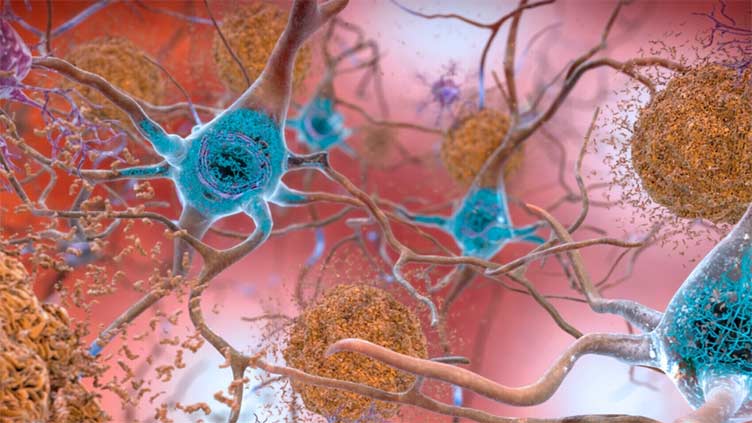New Alzheimer's blood test could improve diagnosis, Research

New Alzheimer's blood test could improve diagnosis, Research
ISLAMABAD, (Online) - Researchers have developed a blood test for Alzheimer’s disease that could pave the way for better research and less invasive diagnosis of the disease. Scientists are particularly hopeful that the new test will facilitate a needed increase in diversity among research study participants.
“At present, diagnosing Alzheimer’s disease requires neuroimaging,” study author Thomas Karikari, PhD, an assistant professor of psychiatry at the University of Pittsburgh, said in a news release. “Those tests are expensive and take a long time to schedule, and a lot of patients, even in the U.S., don’t have access to MRI and PET scanners. Accessibility is a major issue.”
Alzheimer’s research studies require comprehensive standardized diagnostic techniques, and one aspect of diagnosis can currently only be achieved by brain imaging that is typically only available at high-level medical centers. That makes people with limited access to transportation or who live far away from medical centers less likely to participate in clinical trials that require the imaging.
Another important aspect of diagnosis is achieved via a painful and invasive fluid extraction called a lumbar puncture.
Alzheimers: Household Tips for Caregivers
For a caregiver, here are some household tips for keeping your loved one healthy and safe.
In the new study, researchers compared existing diagnostic techniques to their newly developed blood test, which detects an important blood biomarker called “brain-derived tau.” The results showed that brain-derived tau levels can reliably indicate Alzheimer’s-specific neurodegeneration. Previously, it had been difficult to differentiate Alzheimer’s-specific biomarkers from those associated with diseases like Parkinson’s and other dementias.
The study, published this week in the journal Brain, evaluated blood samples from 600 people, including those who had autopsy-confirmed Alzheimer’s disease, which is the most reliable way to diagnose the illness.
Other blood tests can also help diagnose Alzheimer’s disease by looking at blood biomarkers other than the one in this latest study. Japan recently approved a blood test that looks for an Alzheimer’s biomarker called amyloid beta, the test’s maker Sysmex Corp., announced this month.
Alzheimer’s disease is the most common type of dementia, affecting 5.8 million people ages 65 and older in the United States. The Mayo Clinic characterizes Alzheimer’s disease as “a progressive neurologic disorder that causes the brain to shrink (atrophy) and brain cells to die.” The continuous decline affects thinking, behavior, social skills, and the ability to function independently.

